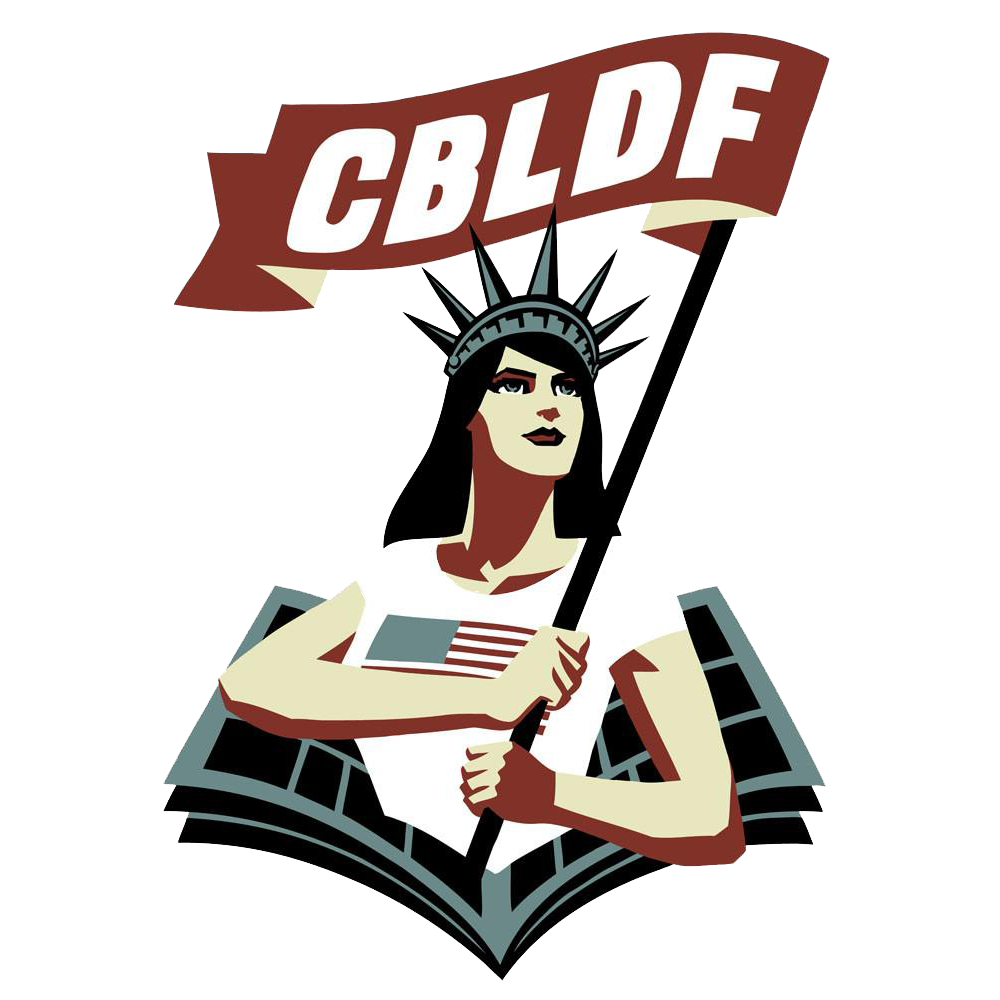
Yesterday, the U.S. Supreme Court heard the oral arguments for Mahanoy Area School District v. B.L. This potential landmark case concerns the First Amendment rights of students in public schools. The main argument of the case is whether the Tinker decision from 1969 will apply to students while they are off school grounds.
Earlier this month, CBLDF filed an amicus brief in partnership with National Coalition Against Censorship and the Foundation for Individual Rights in Education, highlighting the historic dangers of allowing schools to expand their power over speech as avenues for free expression increase.
Mahanoy v. B.L. originated when B.L., a high school student, created a Snapchat with expletives expressing her frustration with her school and extracurricular activities. When notified of the Snapchat image, school officials suspended her from cheerleading for the year. B.L. has previously won lawsuits in both the Middle District of Pennsylvania and the Third Circuit.
Attorney David Cole of the ACLU, who was arguing the case on behalf of the student, pointed out that applying Tinker to off-campus speech allows schools to punish students with a blanket statement that it is “disruptive speech.” This ruling would allow schools to punish off-campus speech without the need to be nuanced or specific and it would grant them a gross overreach of discipline. Despite the school’s lawyers claiming it would lead to “madness and chaos,” if Tinker is not applied to off-campus speech, there is already precedent for harmful speech under First Amendment law. Harmful speech can include threats, bullying, cheating, and harassment.
Another issue raised was where the boundaries are between school and the internet. This question was a divisive one, and a point it was clear not all the lawyers and justices seemed to agree upon. Cole put forward that the internet is not a part of school grounds. It is where the younger generation socializes and confides with their peers. If a student sees something on the internet during school hours, that does not make it a statement on school grounds. Cole went on further to point out that many schools, including Mahanoy, have a ban on cell phone use at school.
The bottom line is, to protect the political views, whistleblowing, and the frustrated venting of students, Tinker should not be applied to off-campus speech. This off-campus speech would include the artistic endeavors of the students as well. What if a student created a comic that depicted school property being destroyed or drew a satirical cartoon of school life? Regardless of being created at home, if the school caught wind of them, they would potentially be punishable offenses. Students should not be subject to constant monitoring of their speech and need to have the space to express their First Amendment rights without fear.
We will be monitoring the situation as it develops and provide an update when the decision is announced.
You can listen to the oral arguments here and follow along with CBLDF’s Jeff Trexler live-tweeting the event here.